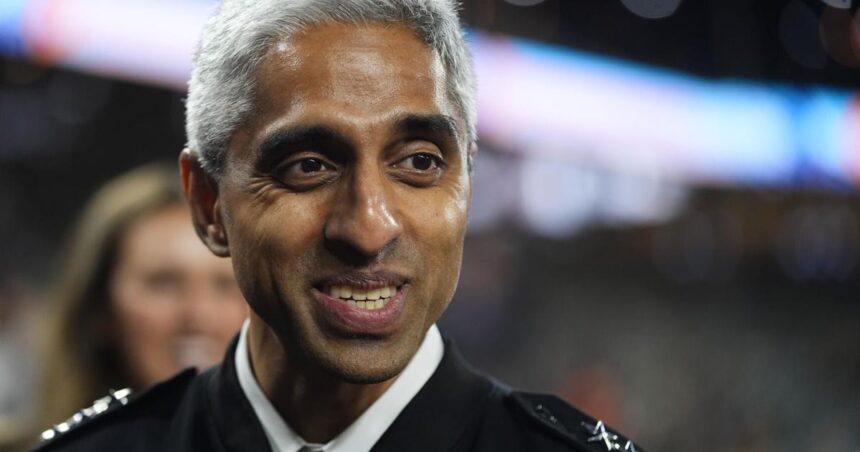Recent national data reveals a concerning trend in the rise of depressive symptoms, suicide-related concerns, and suicide rates among American teenagers, especially girls. Numerous studies have suggested a correlation between these symptoms and social media usage.
A 2017 study examining this data found that teenagers who spend more time on social media are at a higher risk of experiencing depressive and suicidal symptoms. Similarly, a report from 2022 indicated that approximately half of teens admitted to feeling sad, depressed, lonely, or isolated due to social media sometimes, often, or always. Additionally, a literature review from 2018 involving nine related studies found a connection between increased social media usage and higher levels of psychological distress, self-harm behavior, and suicidal thoughts among depressed teenagers.
On the contrary, the 2017 study revealed that young people engaged in face-to-face social activities such as sports, homework, reading, and attending religious services were less likely to report these mental health issues.
Social media misinformation can lead to self-diagnosis among young people
Increasingly, young individuals are diagnosing themselves with severe mental health conditions solely based on content found on social media platforms. Known as self-diagnosis, this phenomenon can be misleading or even dangerous for youth mental health, as noted by experts due to the abundance of misinformation online. For example, a recent study examining ADHD videos on TikTok revealed that a majority of the content was medically inaccurate. Experts warn that self-diagnosis may delay a young person from seeking help from a licensed mental health professional and receiving appropriate care.
Positive aspects of social media for marginalized young individuals
Despite its flaws, social media can have beneficial effects on youth mental health, especially for marginalized individuals. For instance, data demonstrates that LGBTQIA+ youth use social media to explore identity, seek support from peers, and engage in civic participation. A study found that about half of young people, particularly those who are Black and Latino, utilize social media to amplify their voices in civic contexts. Furthermore, one study concluded that social media can provide mental health support and improve depressive moods in certain scenarios.
Tips for promoting healthy social media use among teenagers
While it is crucial for executives and lawmakers to ensure the safety of social media platforms for teenagers, individuals can also take steps to cultivate healthy social media habits among young individuals.
Use social media to foster connections
Research indicates that social media can offer emotional support and solidarity to young people with mental health conditions. To leverage these positive effects, encourage young individuals to follow accounts that promote positivity and unfollow those that endorse harmful practices or beliefs.
Establish boundaries for social media use
Set clear rules and limits regarding screen time and social media usage, such as imposing daily time restrictions and reducing screen time before bedtime. Encourage breaks from social media and advocate for offline activities to balance online interactions with real-life experiences.
Recognize when professional help is necessary
If you or a young person in your life is struggling with mental health issues or facing challenges related to social media, consider seeking assistance from a licensed mental health professional.
This articlewas provided by Charlie Health and reviewed and distributed by Stacker Media.





